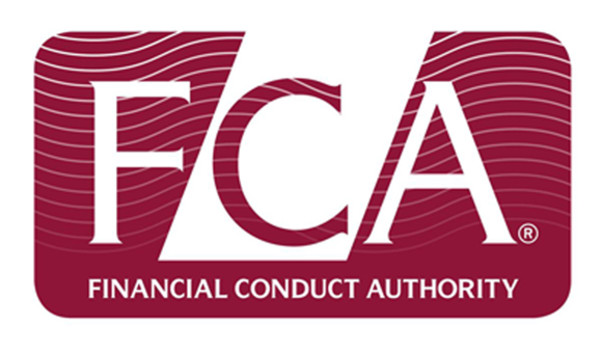

Persistence by the Financial Conduct Authority has paid off as Timothy Roberts, CEO of the firm which promoted ‘death bonds’ to advisers before his company Catalyst collapsed costing investors millions, has lost his appeal avoid a fine and ban.
The decision to ban Mr Roberts and fine him £450,000 follows a ruling by the Upper Tribunal which upheld the regulator’s previous attempts to take action against him and his fellow Catalyst director Andrew Wilkins.
In January, the Court of Appeal refused Mr Roberts’s attempts to overturn this decision and the FCA has now imposed enforcement action in a case it first began investigating in 2013.
Catalyst was the primary UK distributor of ARM bonds, sold to the public from about October 2007 to October 2009. They were structured products issued by a Luxembourg entity, ARM, the underlying assets of which were senior life settlements purchased in the United States.
Before the company collapsed in 2011, Catalyst promoted and distributed ARM bonds to investment intermediaries and IFAs in the UK, who in turn promoted and sold them to retail investors.
FSCS chief executive Mark Neale stated that since 2009/10, the FSCS has paid out £1.5bn for claims against advisers, but more than £450m of this is accounted for by just three big failures: nearly £331m for Keydata, £62m for Catalyst and £58m for Arch Cru.
“In a pay-as-you-go funding system like ours, these unexpected costs – passed on to firms through our levies – can be very difficult to absorb, especially for small firms,” he said.
In 2009, the Luxembourg financial regulator the CSSF requested ARM cease issuing bonds, pending a decision on a licence application, later indicating that it was minded to reject ARM’s application.
One of the allegations against Mr Roberts was he failed to take reasonable steps before 24 December 2009 to tell Catalyst’s compliance officer that the CSSF was of the view that ARM required a licence.
In its decision, the tribunal stated it considered the degree to which Mr Roberts acted with a lack of integrity to be serious.
“He closed his mind to the reality that both ARM and the CSSF considered that ARM required authorisation, closed his mind to the difficulties in ARM’s application and as a result gave misleading reports to personnel at Catalyst as to the tenor of meetings he attended with the CSSF.
“Even when the FCA brought its concerns to his attention in April 2010 and asked it to cease allowing the promotion of the bonds, with the consequent receipt of income, he resisted that request.”
Meanwhile Andrew Wilkins, a director of Catalyst, had his ban overturned by the Upper Tribunal and his fine halved to £50,000.



